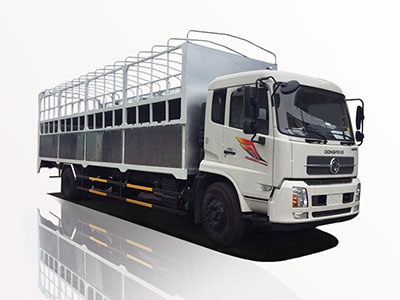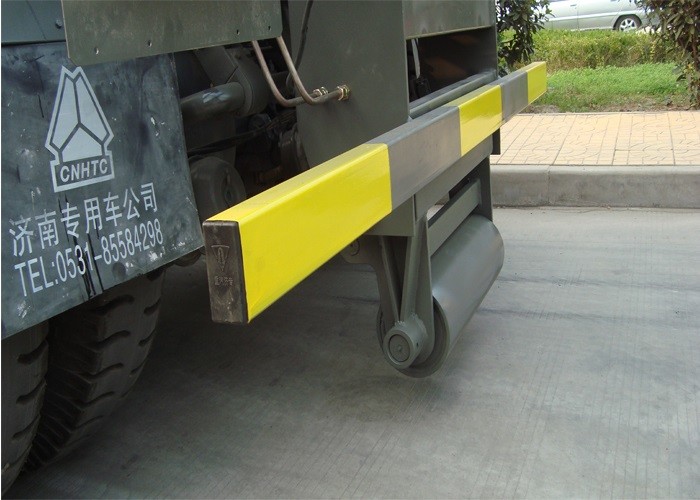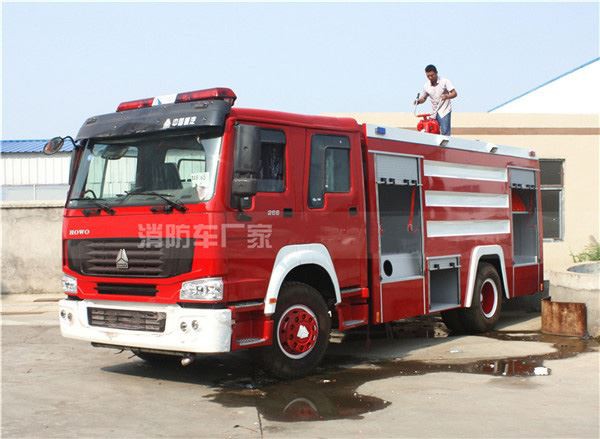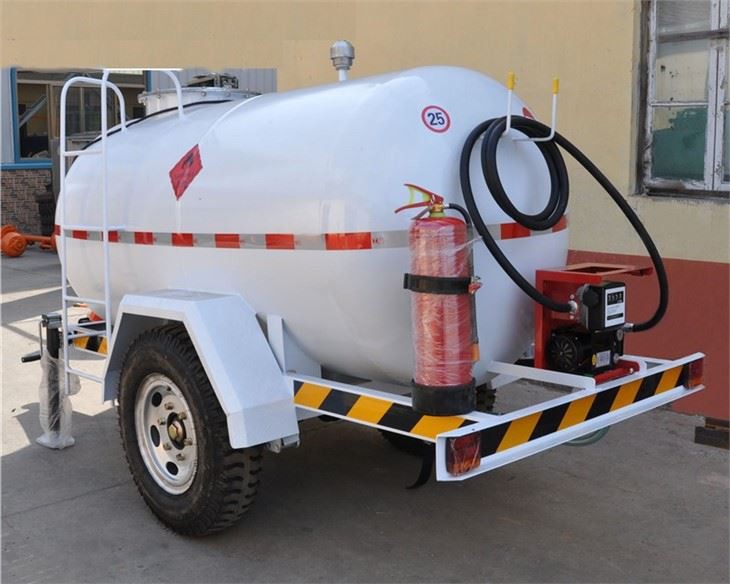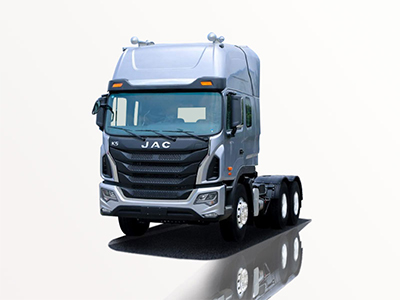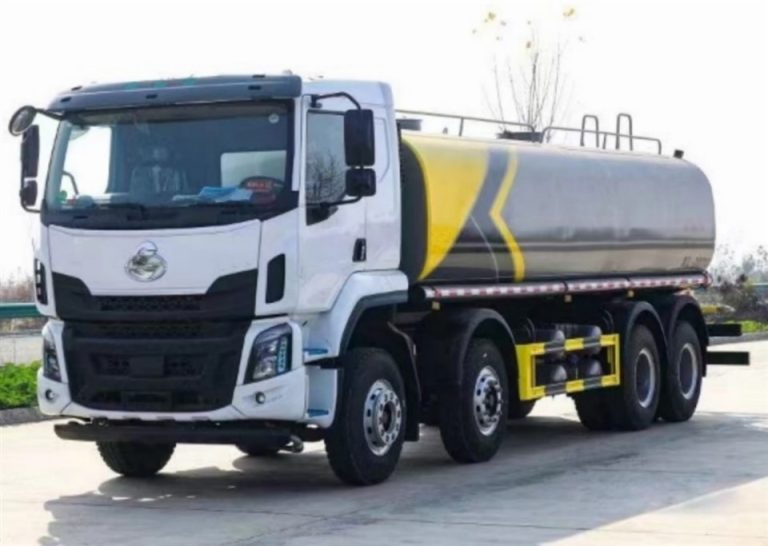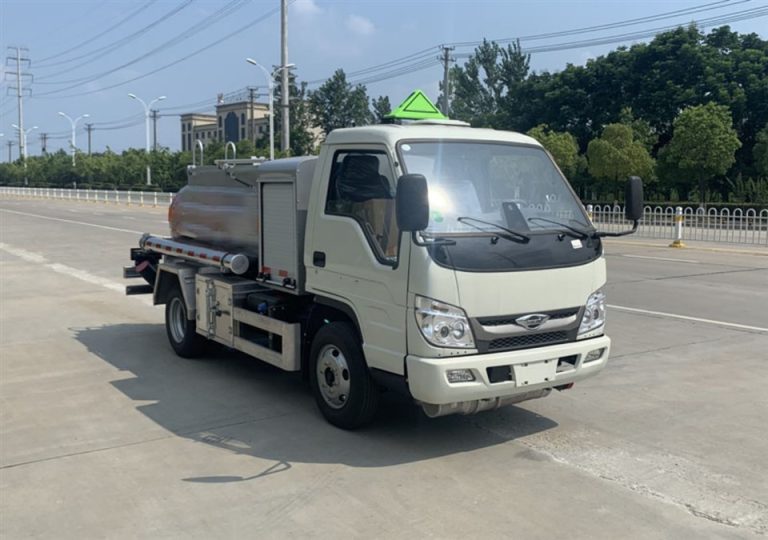Liquid waste trucks play a vital role in the removal and transportation of liquid waste from various industries and municipalities. Understanding the function, benefits, and operational aspects of these trucks can help you appreciate their significance in maintaining public health and environmental safety. This comprehensive article delves into the many facets of liquid waste trucks, exploring their types, features, benefits, and the best practices for their operation.
What is a Liquid Waste Truck?
A liquid waste truck, often referred to as a vacuum truck or tanker truck, is specifically designed to transport liquid waste from one location to another. These trucks are equipped with vacuum systems that enable them to siphon off waste materials from septic tanks, grease traps, and industrial sites.
Types of Liquid Waste Trucks
Liquid waste trucks come in several different types, each designed for specific purposes. Here are the main categories:
- Vacuum Trucks: The most common type, utilizing a vacuum system to collect liquid waste.
- Septic Tank Trucks: Specially designed to empty septic tanks and transport their contents safely.
- Grease Trap Trucks: Built for collecting grease and oil trap waste from restaurants and commercial kitchens.
- Industrial Waste Trucks: Tailored to handle hazardous materials and chemical waste.
Major Components of a Liquid Waste Truck
| Component | Description |
|---|---|
| Tank | Holds the liquid waste, made from resistant materials to withstand corrosive substances. |
| Vacuum Pump | Creates a vacuum that allows the liquid waste to be sucked into the tank. |
| Hoses | Flexible tubes that connect the vacuum pump to the site of liquid waste. |
| Filtration System | Removes contaminants before liquid waste is discharged at the treatment facility. |
| Control System | Helps operators manage the truck’s operations, including the vacuum level and tank capacity. |
Benefits of Using Liquid Waste Trucks
Employing liquid waste trucks offers various benefits to businesses and municipalities that manage waste collection. Here are some key advantages:
Environmental Protection
Liquid waste trucks are essential for preventing environmental contamination. By effectively transporting waste for treatment, they reduce the risk of spills and leaks that could harm ecosystems.
Health and Safety
In many scenarios, effective liquid waste management safeguards public health. Proper waste collection and disposal mitigate the spread of diseases associated with untreated waste.
Compliance with Regulations
Businesses operating within the waste industry are required to comply with various regulations surrounding waste management. Liquid waste trucks help ensure that companies adhere to these regulations, avoiding legal pitfalls and potential penalties.
How Liquid Waste Trucks Operate
Understanding the operational procedures involved in liquid waste trucking is crucial for effective usage and service. Here’s a step-by-step look at how these trucks work:
1. Preparing the Site
Before the collection, operators typically assess the site. This may involve checking the condition of the waste container and planning the best approach for the truck.
2. Connecting the Hoses
Once at the collection point, operators will connect the hoses from the vacuum pump to the sewer or septic system to start the extraction process.
3. Initiating the Vacuum System
With the hoses connected, the operator activates the vacuum system. The negative pressure created by the pump draws the liquid waste into the tank.
4. Monitoring the Tank Capacity
During the extraction, operators must monitor the waste level in the tank to avoid overfilling and spills. Most trucks have sensors to signal when the tank is full.
5. Transporting the Waste
After collection, the truck transports the waste to the appropriate treatment facility. Operators ensure that all safety protocols are followed during transit.
6. Discharging the Waste
Finally, at the treatment facility, waste is safely discharged from the truck into designated areas for processing.
Best Practices for Operating Liquid Waste Trucks
To maximize efficiency and safety, operators should adhere to the following best practices:
Regular Maintenance
Maintenance is key to ensuring that liquid waste trucks operate effectively. Regular inspections help identify and fix any issues before they become problematic.
Proper Training for Operators
Operators should be adequately trained on the equipment and safety protocols. Proper training minimizes risks associated with liquid waste handling.
Using Quality Equipment
Investing in high-quality trucks and components ensures reliability and efficiency in waste management operations.
Following Regulations
Always stay updated with local regulations concerning waste collection and disposal. Compliance protects public health and the environment.
Challenges in Liquid Waste Management
While liquid waste trucks are effective tools for managing waste, there are challenges to consider:
Environmental Concerns
Improper handling and disposal of liquid waste can have severe repercussions on the environment, making it essential to maintain high standards.
Public Perception
The liquid waste collection industry may face negative perceptions from the public. Clear communication and education about safety measures can mitigate this.
Cost of Operations
Operating liquid waste trucks can be costly, involving expenses for fuel, maintenance, and training. Effective operational strategies can help manage these costs.
Real-World Applications of Liquid Waste Trucks
Liquid waste trucks are utilized across various industries. Here are some practical examples:
1. Residential Waste Collection
Many municipalities employ liquid waste trucks to manage residential septic systems, ensuring safe waste disposal for households.
2. Restaurant and Food Services
Grease trap waste collection in restaurants is a specialized service provided by liquid waste trucks to prevent blockages in sewers.
3. Industrial Applications
In industries producing chemical byproducts, specialized vacuum trucks transport hazardous liquid waste safely to treatment facilities.
4. Construction Sites
Construction sites with temporary lavatory facilities often rely on septic tank trucks to remove waste regularly and maintain cleanliness.
Frequently Asked Questions (FAQs)
1. What types of waste can liquid waste trucks transport?
Liquid waste trucks can transport a variety of liquid waste types, including sewage, grease, industrial effluents, and hazardous materials, depending on the truck’s design.
2. How often should liquid waste be collected?
The frequency of collection depends on usage; for residential septic systems, it is usually recommended every 3-5 years, while businesses may require more frequent service.
3. Can liquid waste trucks handle hazardous materials?
Yes, specialized liquid waste trucks are designed to transport hazardous materials. However, these trucks must follow stricter regulations and safety protocols.
4. What maintenance do liquid waste trucks need?
Regular maintenance includes checking the vacuum system, inspecting hoses for leaks, and ensuring that the tank is cleaned and sanitized after use.
5. Are liquid waste trucks environmentally safe?
When operated correctly, liquid waste trucks can be environmentally safe. They help prevent waste spills and protect public health when used in accordance with regulations.
6. How do I find a reputable liquid waste service provider?
To find a trustworthy service provider, look for companies with positive reviews, proper certifications, and compliance with local waste management regulations.
